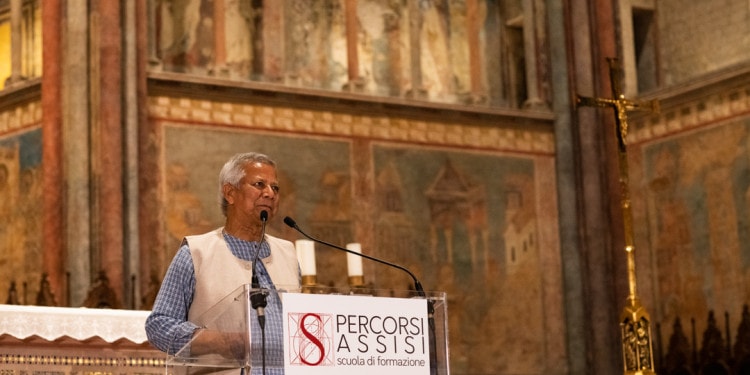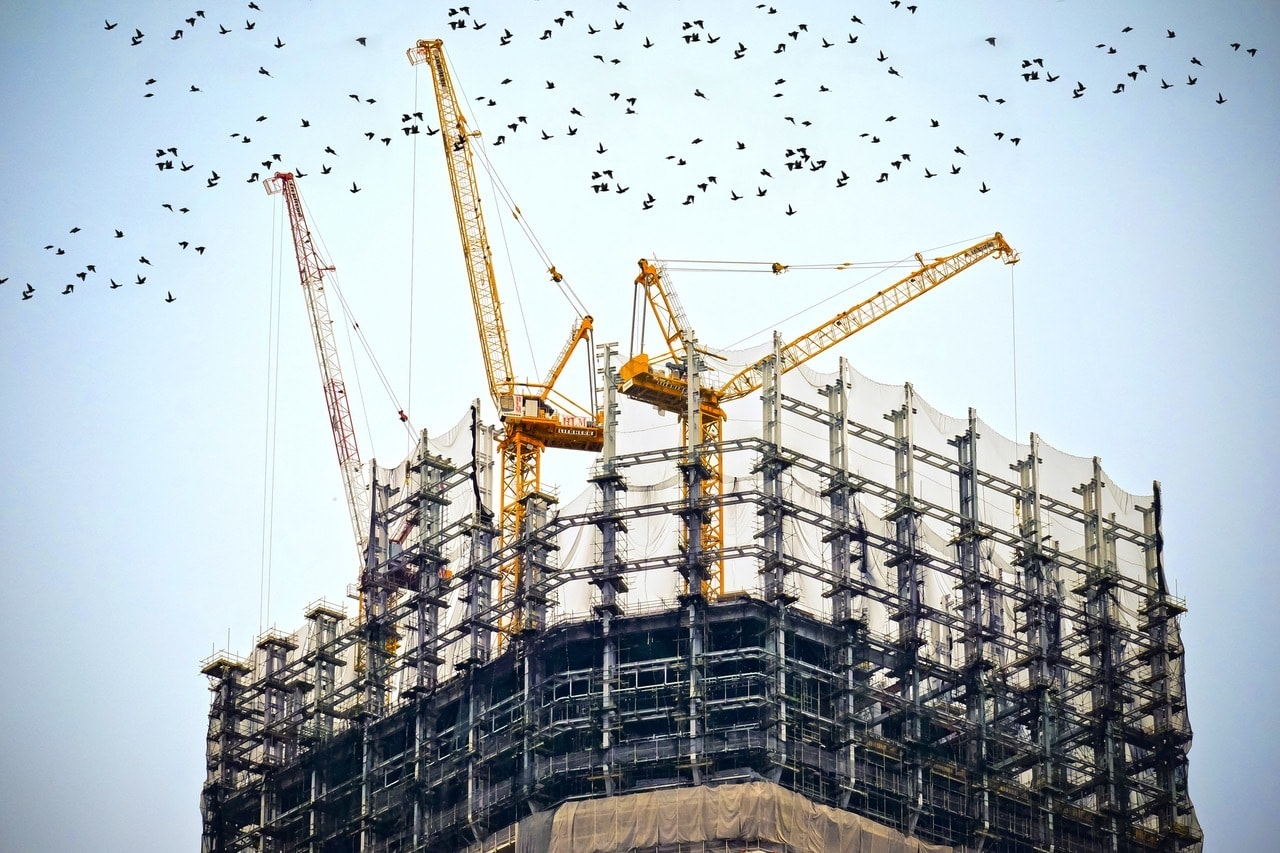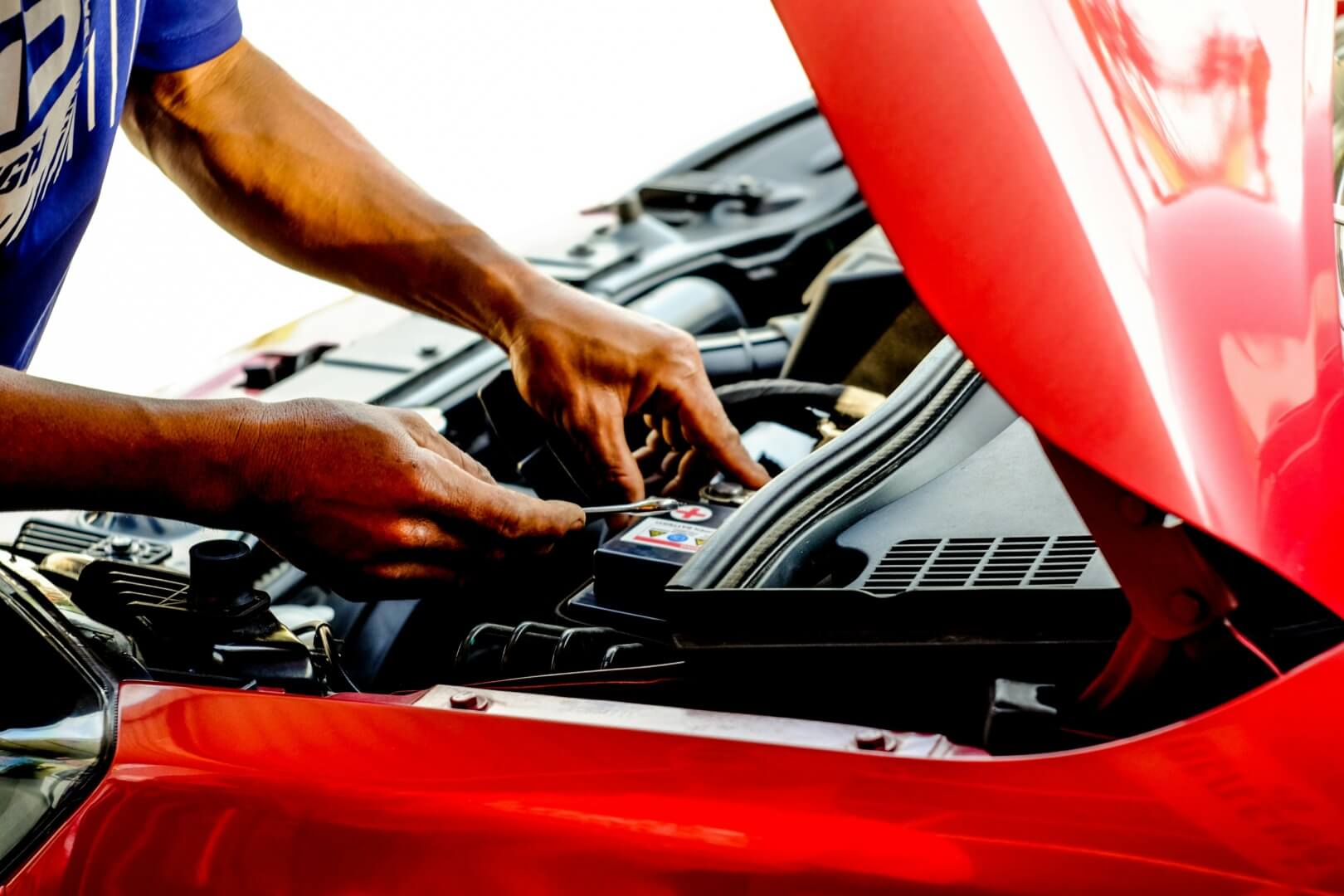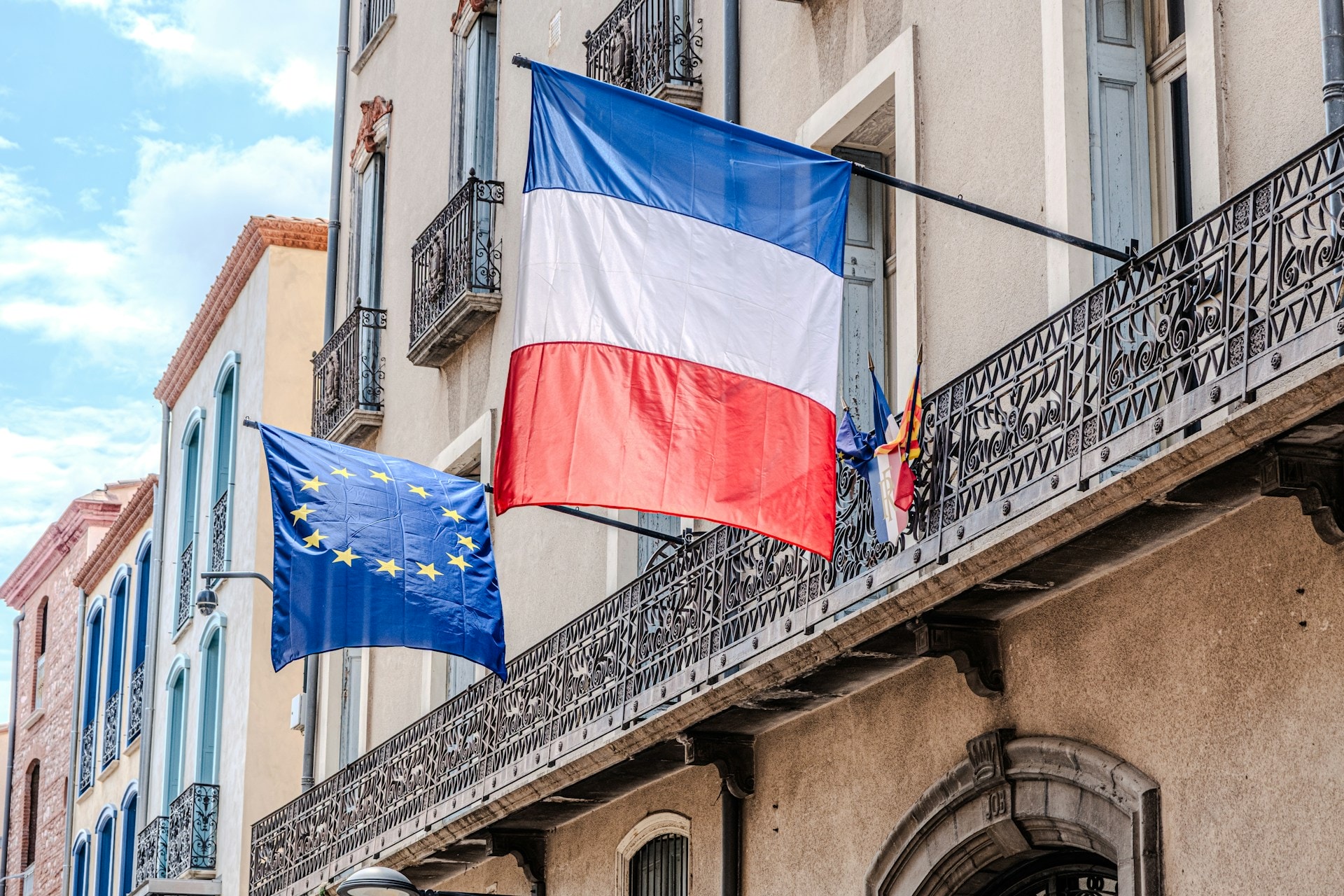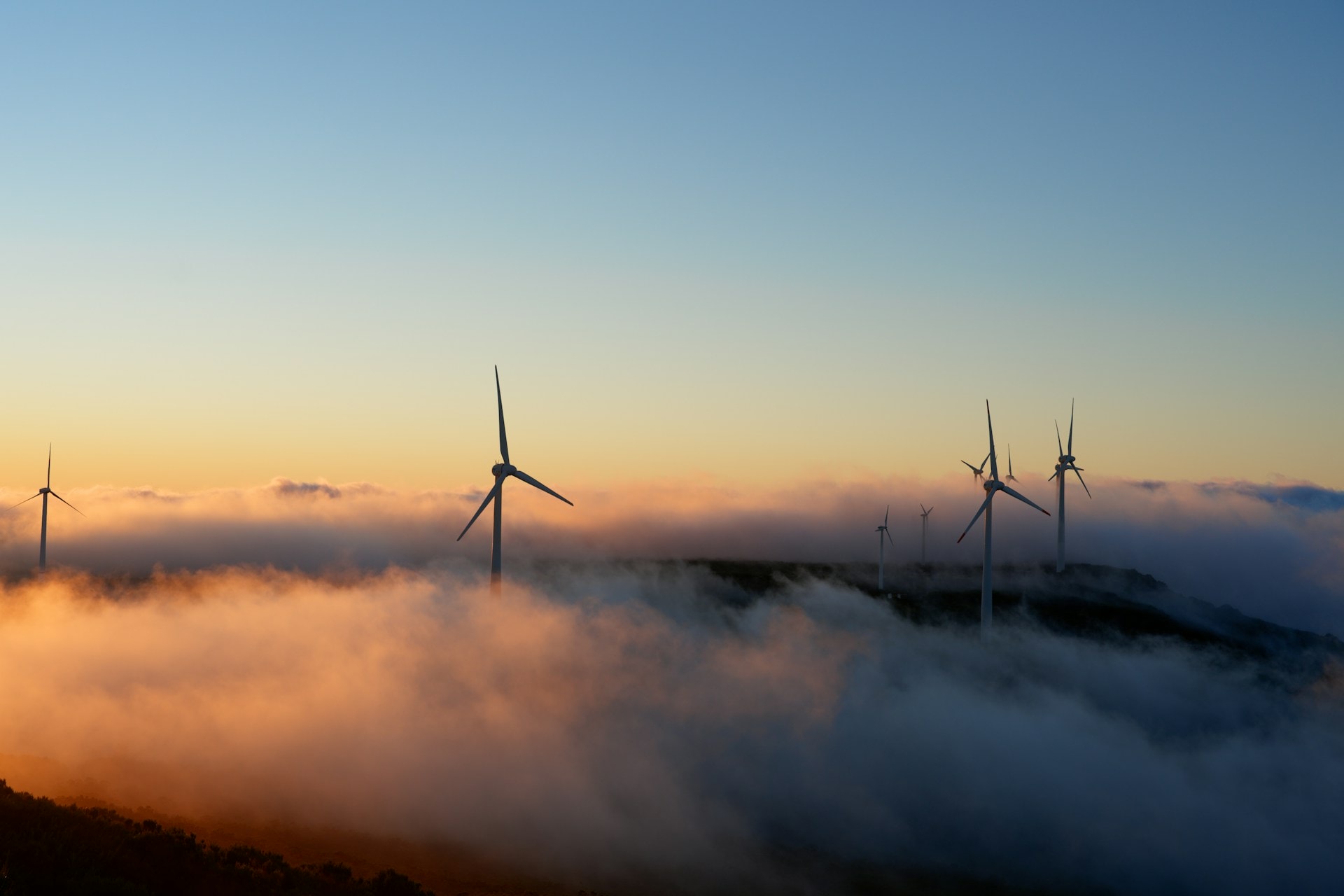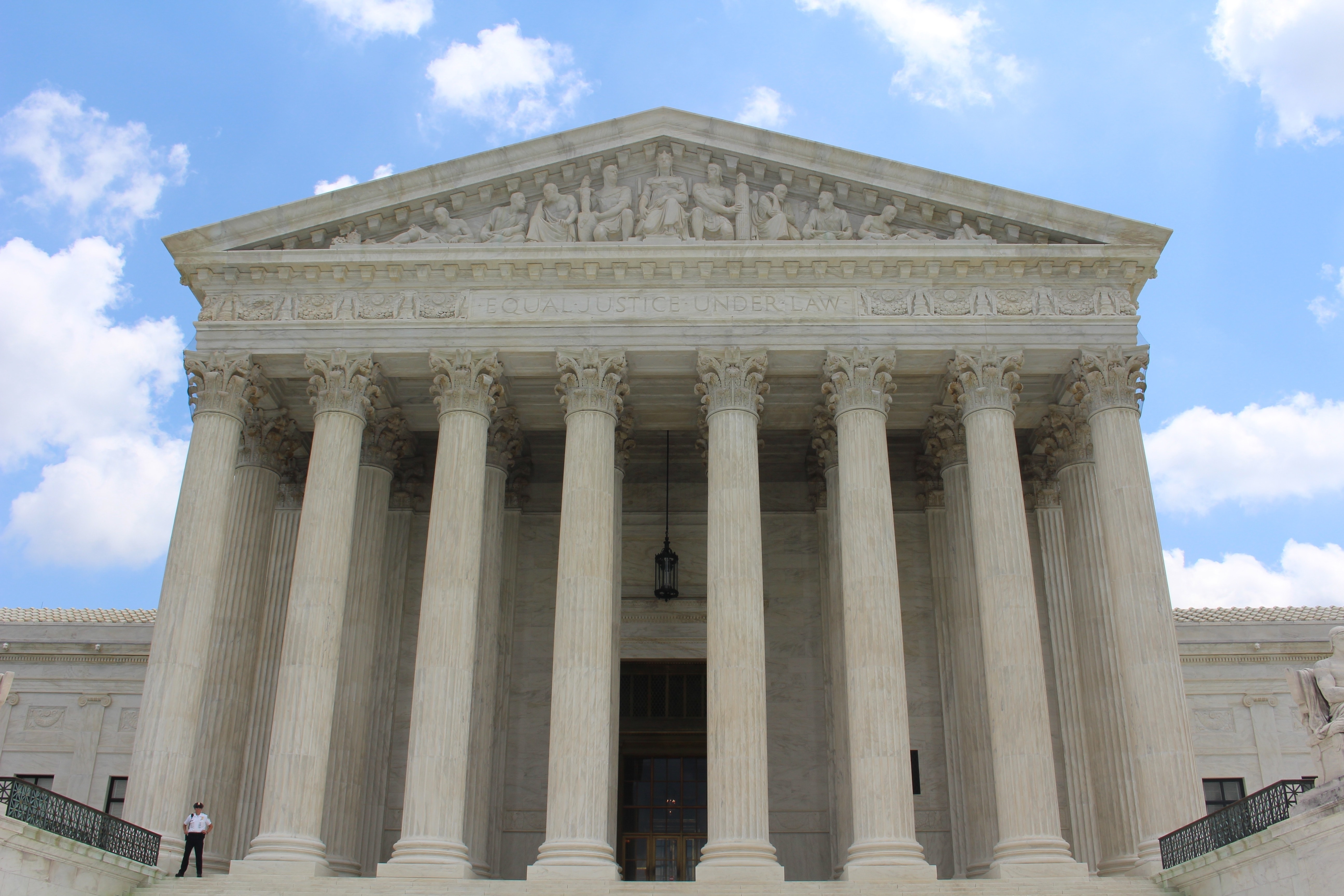Professor Muhammad Yunus, Nobel peace prize (2006) for his groundbreaking work on microcredit and author of “Banker to the Poor”, was in Assisi, Italy, on the 3rd of September to take part in a new kind of business school, created by four Italian universities and Assisi’s Theological Institute – a school based on Franciscan economic thought and circular economics. That day Yunus held a Lectio Magistralis and afterwards, in the course of an interview with Impakter, he made a memorable statement:
“Young people should take over the leadership of the world rather than waiting to become – as they describe – the future leaders of the world; they are not the future leaders of the world, they should be the present leaders of the world.”
In the lecture, he explained to the students how he created the Grameen Bank in Bangladesh, a microfinance system open to the poor who had no access to traditional banks. Launched in 1976, starting out with lending from his own pockets, Grameen was a huge success and by 2007, some 7.4 million borrowers had received over US$ 6 billion in loans. He also shared with them his fears about the future of the world.
Related topics: Could Microfinancing Be the Secret Weapon Enabling the Circular Economy? – COVID-19 Vaccines: Who Produces, Who Orders and Who Gets Them? – What Does Panic Buying Reflect About Our Society?
Professor Yunus, in the 70s, you invented microcredit as we know it because low-income people could not access traditional credit; in the XIV century, the Franciscan friars invented modern banks because they felt an ‘embarrassment of riches’. Both actions were directed at overcoming poverty. What has been achieved?
Humanism seeks justice to be done across human beings and happiness to be established. That’s what Saint Francis taught, he saw economic injustice burdening people and wanted to crack it. He fought for justice, and I can feel his frustration. Many others around the world, throughout the ages in all kinds of society, some of them known, some unknown, fought for it. But still, justice could not be established.
Now it is getting worse, in the shape of wealth concentration. That is all the wealth is zooming in the hands of fewer and fewer, while the rest is left out. Hundreds of millions of people. Just 1% of all the resources on Earth is to be shared by 99% of its inhabitants. Clearly, it is a time bomb. We have to address this economic machine in a way that it reverses itself, so that wealth instead of being collected and pushed up starts distributing itself.
What are the causes of wealth polarization and where should we start correcting the machine?
It is not the individual person who causes that, it is not being done by bad people either; it is a bad system which is doing that. Unless we correct the system justice will never happen, hence people’s attention needs to be drawn on some pivotal factors.
There are good intentions and bad intentions. We have to make good intentions flourish and bad intentions diminish. Instead of being personally concentrated on desires that benefit individually, we ought to pursue collective benefits too, for both coexist in our system yet do not find equal space in our every-day work. In our work, we are led to worry only for personal benefits; we want to accumulate, we want to grab, to make more wealth. Other things have no place.
This is one correction, though there are several others; like redesigning our banking system, for the bank is the vehicle that pushes all the money in all the world. And it is giving it to the rich. To redesign it so that it does not drive a one-way traffic, but rather a multiple one moving in every direction. Those are the things that need to be done first.
Until recently, many experts and lawmakers believed in trickle-down economics. That redistributing resources towards the top of the income distribution would have benefited everybody in a cascade effect. Like a high tide that lifts each boat. Though instead, it was just the yacht that floated. We have witnessed, in the last decades, a general convergence among countries in terms of GDP growth. Yet, on the other hand, within-country inequalities are on the rise. Considering your forty-years experience with microcredit, would you say today it really is an asset in the fight against inequalities?
Microcredit is one piece of a bigger framework. We have a part of the scheme, called the financial system, which is very critical and has always refused to reach out to the people at the bottom of the wealth distribution. We have demonstrated that this can indeed be done, to some extent succeeding in encouraging other people to do it, but the system has not changed. Still, banking functions the same way it did before and microcredit has remained sort of a footnote in that system; it is not a mainstream factor. Thus, the question remains: How to redesign the scheme so that financial services are available to everybody and not just a few fortunate ones.
You have mentioned the concentration of wealth as it continues alongside GDP growth. The fact is that these measures are meant to justify what we have got. GDP shows that the wealth of wealthy people is growing faster. But it hides that the income of the people at the bottom of the income distribution is not growing at all. That is because the metric only captures the state of the total economy, symbolized by a few rich people. Their economy is growing, though the gap is becoming wider and wider for, as moving to the middle section of the distribution, we find a much slower growth. We celebrate those GDP figures while we should not.
A different kind of analysis needs to be conducted. How many working people in our country? What percentage of people below a certain income level? Is the income distribution changing? If it is not, or if it is but in the reverse way – the wrong way – then we should be screaming. This is not the economy we want, we want it to reach down, be shared by the people at the very bottom. Actually, we have to redesign the whole measurement system.
Recently, the CEOs of the major corporations in the U.S. have committed to a more sustainable business, promising to reduce the influence of their shareholders in unconditionally shifting the rudder towards profit, to take into account the working conditions and the environment. Is it really a landmark achievement? Would you advocate for such decisions to become a business rule?
The law is not what achieves things, as people find ways to overcome the law. Unless their mind changes. The best way to do that is to allow big CEOs to express themselves in the way they want to behave. So, of course the fact that they are talking about it is a good sign. But we have to be aware and ask ourselves whether they are talking about it for publicity purposes, or from a genuine feeling. Besides, should the CEOs talk about it, or should the owners talk about it? The real power is with the shareholders. The largest ones are able to fire a manager who wishes to change the world. That is crucial.
Today, all the CEOs explaining how to run their businesses in a more sustainable way, for they are aware of the whole precarious situation, may do some good, but it may not be enough. We need fundamental changes, not just talking. This is why we have to make the alternative system as powerful as the current one. So that it can offset the troubles created by businesses in terms of environment, wealth concentration, wastages. And that needs equal force, not just a tiny little touch.
In March 2020, you are going to take part in the extraordinary event “The Economy of Francesco” [Editor’s note: the event has afterwards been cancelled due to the COVID-19 pandemic and rescheduled online in November 2020]. Pope Francis has summoned the young economists to Assisi with the scope of shaping a new, circular, integral, sustainable economy. The applicants, from all over the world and every religion, are already several thousand. Do you believe the youth will play a role in overcoming the system?
Yes. That will be precisely the focus of my role in that conference, to insist on the capacity of young people to redesign the world. Pope Francis is an important global voice, beyond religion. That is why his commitment for the environment has been chorally admired and so many young people have answered his call. Because they really do not belong to the older generation’s world. It is a very different kind of world they are going to inherit. And they should refuse to inherit it, but cooperate to redesign it their own the way, how they want it to be, before their minds are contaminated by the failures of the education system. We are teaching them all the wrong principles.
The young people of this generation have so much power because of technology, communication, interactions. So they should be using these instruments, they should take over the leadership of the world rather than waiting to become – as they describe – the future leaders of the world; they are not the future leaders of the world, they should be the present leaders of the world. And make things happen for themselves, otherwise they will be caught in the same system that created all these problems and goes on creating them.
First published Sep. 9, 2019 – Updated Dec. 29, 2020
Editor’s Note: The opinions expressed here by Impakter.com columnists are their own, not those of Impakter.com. — In the Featured Photo: Muhammad Yunus holding a Lectio Magistralis in the Upper Basilica of S.Francesco in Assisi, Italy. Featured Photo Credit: P&Co.


